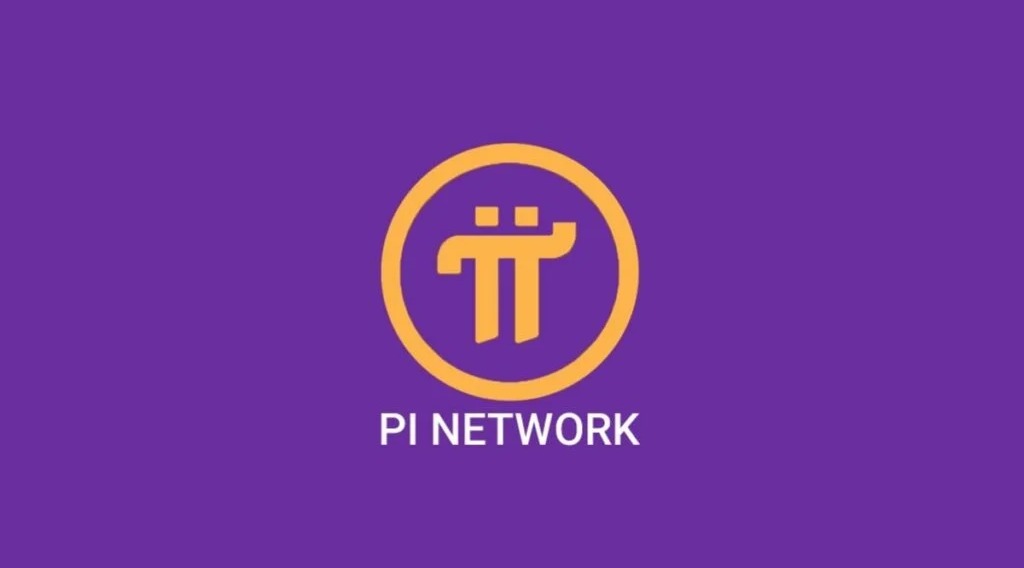Pi Network Taps Into Gaming to Showcase Real Crypto Utility
31.05.2025 20:00 2 min. read Alexander Stefanov
The team behind Pi Network is diving into the gaming industry with the release of FruityPi, a new application designed to highlight the practical use of its ecosystem tools, including the Pi cryptocurrency, wallet, and ad services.
With FruityPi, Pi Core Team aims to turn gaming into a testbed for real-world utility, showing how its technology stack can support decentralized app (dApp) development. The move is also intended to boost on-chain activity as the project continues its slow transition to open mainnet.
The new game integrates native payments via the Pi Wallet and monetization through the Pi Ad Network. Developers who adopt these tools can tap into Pi’s global user base for faster exposure, onboarding, and monetization.
Pi Network Ventures, the project’s $100 million ecosystem fund launched earlier this month, is also open to supporting standout games and dApps built on the platform.
In a post by analyst Mr Spock, FruityPi was cited as a working example of how Pi is now being used for real payments on mainnet. According to the analysis, players are already spending Pi within the app — for example, purchasing in-game power-ups at independently set rates like 0.1 Pi per item.
The most notable aspect is the decentralized pricing model. There’s no enforced “Global Consensus Value” (GCV); instead, developers and users freely determine Pi’s price, emphasizing Pi’s goal of decentralized value formation.
The launch of FruityPi underscores Pi Network’s strategy to prove real-world use cases and offer its developers flexible tools to build utility-driven applications.
-
1
Key U.S. Events to Watch This Week That Could Impact Crypto
30.06.2025 11:00 2 min. read -
2
SoFi Returns to Crypto with Trading, Staking, and Blockchain Transfers
27.06.2025 8:00 1 min. read -
3
GENIUS Act Could Reshape Legal Battle over TerraUSD and LUNA Tokens
30.06.2025 9:00 1 min. read -
4
Whales Buy the Dip as Retail Panics: This Week in Crypto
29.06.2025 14:00 3 min. read -
5
History Shows War Panic Selling Hurts Crypto Traders
28.06.2025 18:30 3 min. read
Kazakhstan May Invest Gold Reserves in Crypto Sector
Kazakhstan is considering allocating a portion of its gold and foreign currency reserves, along with National Fund assets, into crypto-related investments.
Grayscale Confidentially Files for New SEC-registered Offering Amid Growing Crypto Market demand
Grayscale Investments announced today that it has confidentially submitted a draft registration statement on Form S-1 to the U.S.
Here is How to Read the Crypto Fear and Greed Index
In the volatile world of cryptocurrency, investor psychology is one of the most powerful forces behind price movement.
Bank of England Governor Warns Against Stablecoins, Backs Tokenized Deposits Instead
Bank of England Governor Andrew Bailey has voiced strong concerns about the rising push for stablecoin adoption, calling on banks to steer clear of issuing their own digital currencies.
-
1
Key U.S. Events to Watch This Week That Could Impact Crypto
30.06.2025 11:00 2 min. read -
2
SoFi Returns to Crypto with Trading, Staking, and Blockchain Transfers
27.06.2025 8:00 1 min. read -
3
GENIUS Act Could Reshape Legal Battle over TerraUSD and LUNA Tokens
30.06.2025 9:00 1 min. read -
4
Whales Buy the Dip as Retail Panics: This Week in Crypto
29.06.2025 14:00 3 min. read -
5
History Shows War Panic Selling Hurts Crypto Traders
28.06.2025 18:30 3 min. read


